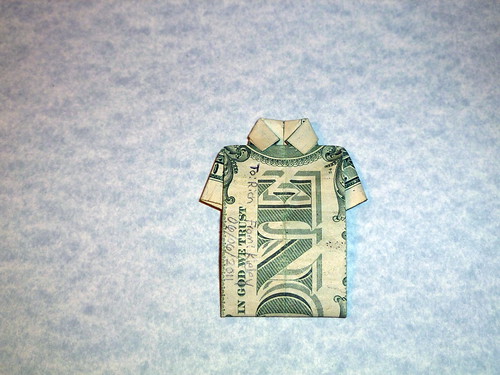If you are thinking about paying off your tax obligations with a credit card and then filing bankruptcy, think again. In most states, this debt won't be discharged, and you could end up owing the IRS a whole lot more. In most cases, you can use the adage that "a dischargeable tax is a dischargeable debt." So, there's no reason to make use of a credit cards if it will not be discharged in bankruptcy.
Be certain you are making the right choice before you file for bankruptcy. You can also avail yourself of other options, such as consumer credit counseling. Bankruptcy is a serious negative on your credit history so make sure you have no other options before you file. It is important to keep your credit history as positive as possible.
If you have filed for Chapter 13 bankruptcy, but realize that you are unable to meet your payment obligations, you may be able to convert to a Chapter 7 bankruptcy instead. To qualify for the conversion, you must never have converted your bankruptcy before and also undergo a financial evaluation. The laws surrounding this process are always changing, so be sure to talk with an attorney who can help you navigate this process.
Ask friends and family for moral support. They may not be able to lend you money, but you should be able to tell them about your hardships and to lean on them. It can be hard to talk about money with the people close to you. You will likely find that they are much more supportive than you expect.
A great personal bankruptcy tip is to consider what kind of bankruptcy you'd like to go for. In general, chapter 13 is much better because it doesn't taint your credit report. It allows you to hold on to most of your belongings. Chapter 7 is much more extreme to file for.
Keep your head up. Getting depressed about the situation you are in will not help. Many times, bankruptcy seems like it is going to be bad, but often, it is the best thing you can do at the time. You will have a fresh start and a better financial future, if you learn from your mistakes.
Make sure that you do everything in your power to avoid bankruptcy. Avoid financial disaster and make sure that you are not going to be embarrassed around friends and family, the next time they talk about their finances and credit history. Hopefully, this article has helped you out.

No comments:
Post a Comment